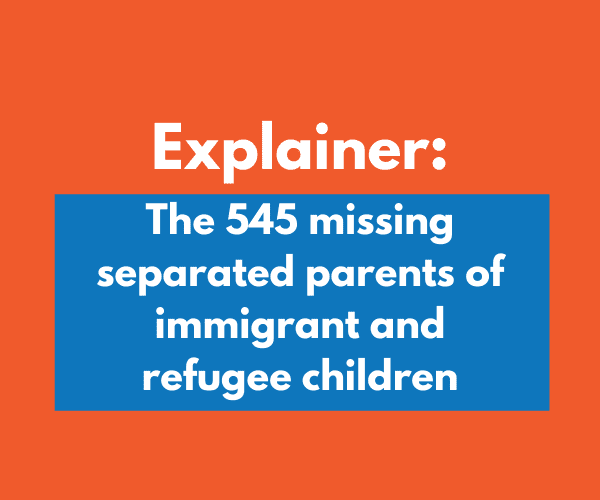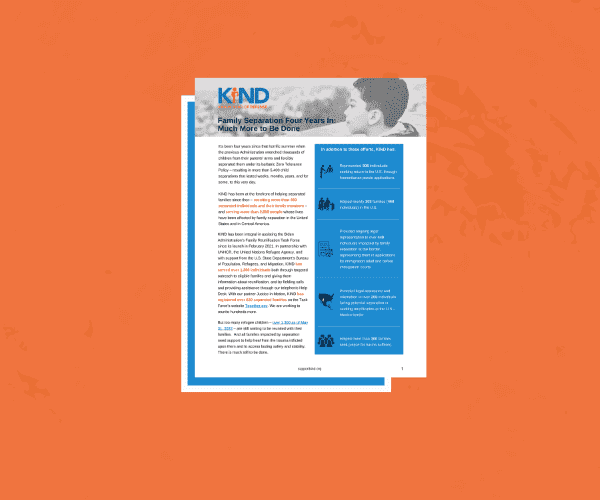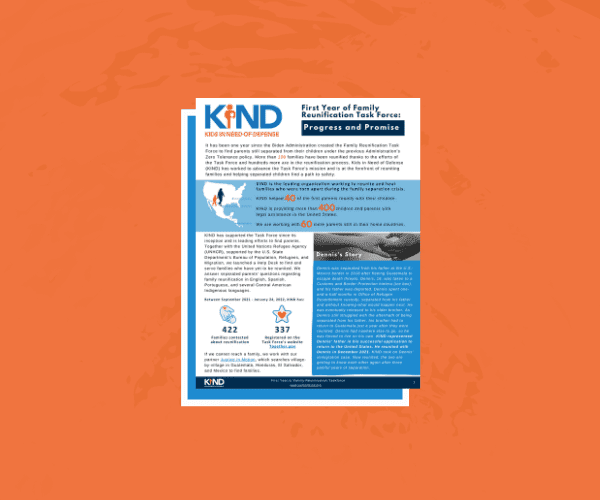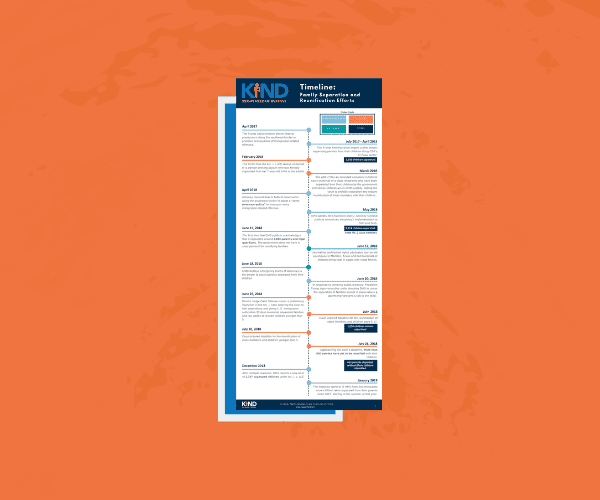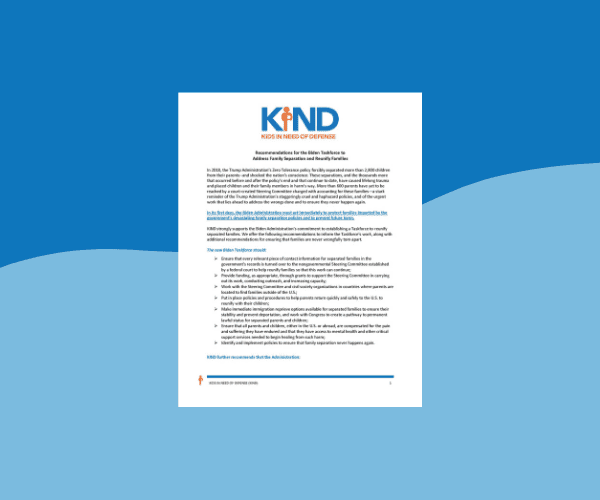The “Zero Tolerance” policy officially ended on June 20, 2018, and a court order in Ms. L v. Sessions, a case brought by the ACLU, on June 26, 2018, prohibited the government from further separating families. However, the court order does not cover parents who are alleged to have a criminal history, a communicable disease, or are unfit or dangerous.
Currently, there are no specific criteria in place to define the scope of these exceptions. These determinations are made at U.S. Border Patrol stations without any particular guidelines, protocols, or procedures, and without a full analysis of the best interests of the child. Border Patrol also sometimes separates a parent and child when they are unable to confirm the family relationship, or when a child trafficking situation is suspected, as required under the Trafficking Victims Protection Reauthorization Act (TVPRA).






